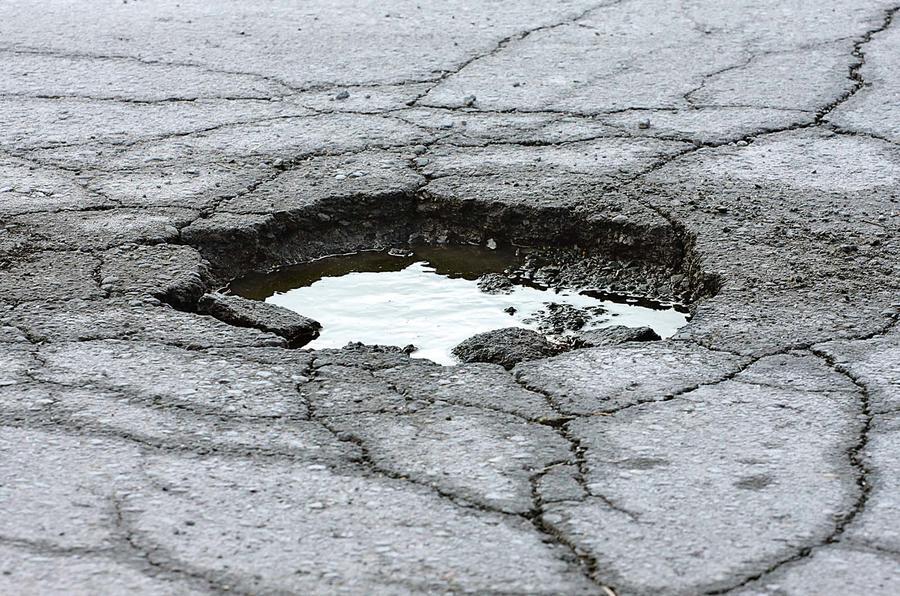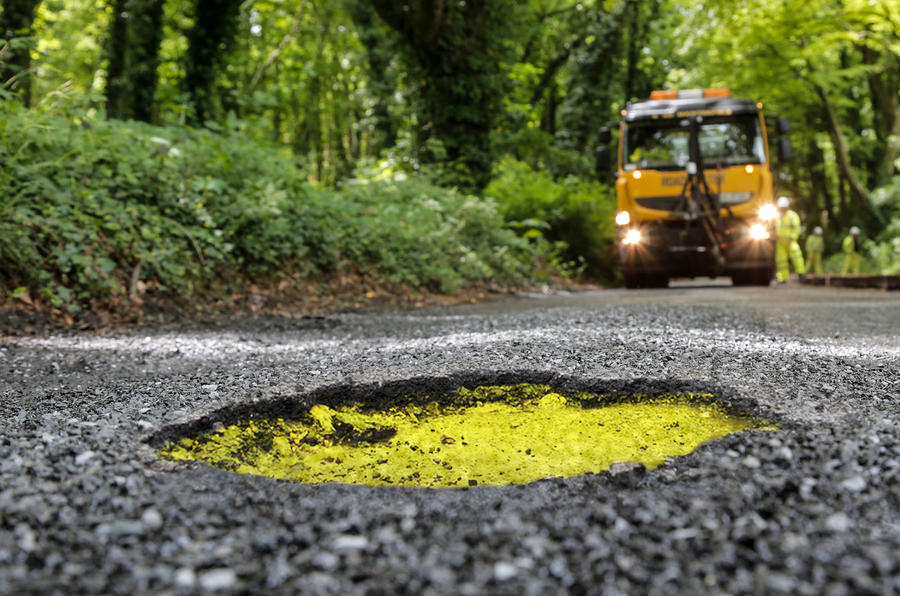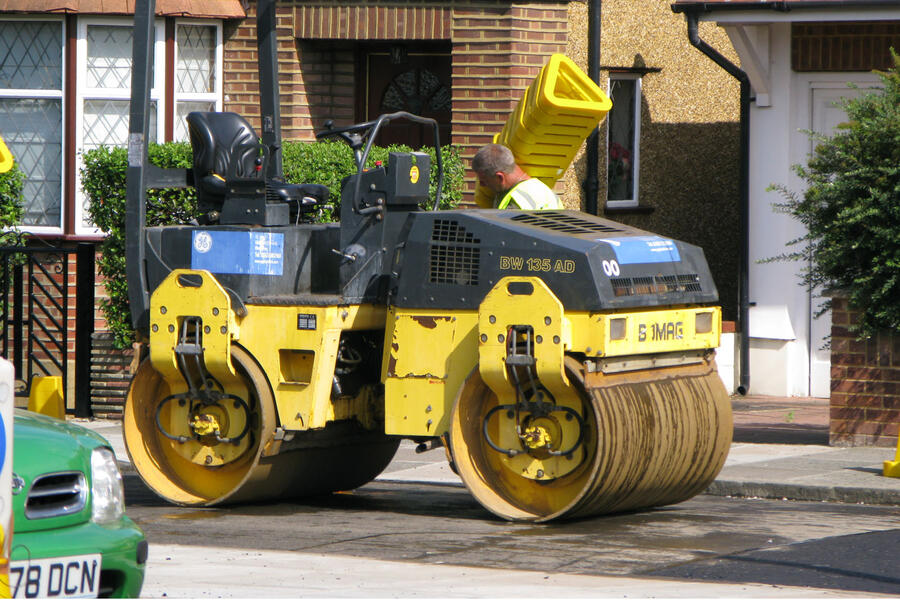In the past 12 months, local councils have spent only a fraction of the millions of pounds given to them to repair potholes, as the amount of money required to repair roads reaches a record high.
In 2020, the government created the Potholes Fund, which each year until 2025 would award £500 million to councils across England to enable them to fix an estimated 50 million potholes.
But according to the latest Annual Local Authority Road Maintenance (Alarm) survey of local authorities by the Asphalt Industry Alliance (AIA), English and Welsh councils spent just £143.5m filling potholes in the past 12 months – at a time when the numbers of potholes and of vehicles being damaged by them have rarely been higher.
The report also found that more than half of the local road network in England and Wales has less than 15 years’ structural life remaining, while the amount needed to fix the backlog of carriageway repairs has increased to a record high of £16.3bn.
The news won’t come as a surprise to members of the All-Party Parliamentary Group for Better Roads. In their most recent report, the MPs criticised the fact that the money in the Potholes Fund wasn’t ring-fenced, with councils free to spend it as they wished.

This contrasts with the Fund’s predecessor, the £296m Pothole Action Fund that covered the period 2015 to 2020, which was provided only for roads maintenance.
As a result, said the MPs, the number of potholes fell by 44% during that scheme’s existence – from 2.38m in 2015 to 1.34m in 2020.
Whereas the Pothole Action Fund had “clear and measurable aims”, the current Potholes Fund isn’t targeted specifically at local roads maintenance, which makes its spending harder to track, said the MPs.








Join the debate
Add your comment
Sounds a bit elitist to me, with hints of jealousy creeping in. An awful lot of cars that are sold these days come from the manufacturer with big wheels with low profile tyres fitted as standard. Should everyone start specifying smaller wheels with bigger tyres? What about all the large wheels already out there? Who is going to pay to have them replaced with new tyres?
If there is a hole in he road, it is not fault of drivers of cars with bigger wheels and low profile tyres if they don't see them until it is too late.
Our Village has been promising Traffic Calming and making the Village a nice looking place to drive through, but the council can't fix a date to start doing because their budget keeps getting cut, and as mentioned, when they are doing something major, why don't other essential services get in there if there's a need for replacing old or defective stuff?we could write pages of criticism of our councils, but they've either gone bankrupt or their budgets are getting smaller caused by National governments inept running of our economy.
Its ridiculous that the Government changed the rules regarding ring-fencing this pothole cash, we all know that councils are hard up so will try to squirrel some of it away to other things wherever they can. The funds should be specifically for good quality repairs and proper resurfacing of local roads, and if the local authorities don't spend it on that then they lose it. The point about utilities is very important too, they should be held accountable for the quality of their patching up for a certain time period, and it would be nice if they liaised with the councils so that they don't immediately dig up newly surfaced stretches as they seem to do so often at present.